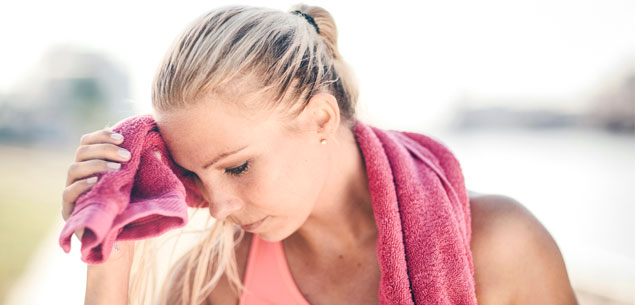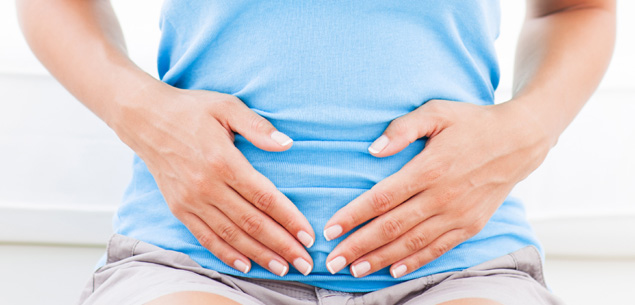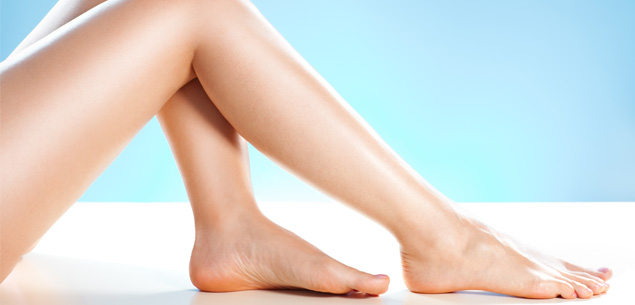Some people naturally perspire more than others. But if sweat is pouring off you, yet it’s not particularly hot, you haven’t exerted yourself physically, you don’t have a fever or you’re not anxious, then there’s a good chance you have a condition called hyperhidrosis, which means excessive sweating. There are three types of hyperhidrosis.
Primary focal hyperhidrosis
This only affects certain parts of your body, such as the groin, underarms, head, face, hands or feet. You will most likely sweat equally on both sides of the body. It’s thought to be due to a malfunction of the nervous system and sometimes can run in families. People with it are generally otherwise healthy and while it doesn’t cause medical problems, it can interfere with your quality of life. In severe cases, the situation can be so extreme, it affects your social life and ability to work. It can be made worse by triggers such as anxiety, heat, spicy foods and emotional upset but mostly there’s no obvious reason why you’re sweating so much.
Secondary focal hyperhidrosis
This is an uncommon condition in which the excessive sweating occurs in a particular part of the body and unlike the primary version, it is caused by a specific medical problem. For example, an injury could cause sweating in one leg.
Generalised hyperhidrosis
This means that you perspire more than normal all over your body. It’s not as common as primary focal hyperhidrosis and is usually due to an underlying medical condition. These can include:
Anxiety disorders
Damage to nerves in the spinal cord
Heart problems
Infections
Hormonal problems (including an overactive thyroid gland)
Some cancers, in particular leukaemia and lymphoma
Menopause
Pregnancy
Diabetes
Alcoholism.
General excessive sweating can also be due to medications, including some psychiatric drugs, blood pressure medications, antibiotics and medicines for dry mouth.
You should see the doctor if…
You perspire profusely at night and wake up in a cold sweat.
You sweat excessively all over your body, not just usual places like armpits, head and feet.
You only sweat from one side of your body, i.e. from one armpit rather than both.
Your sweating has suddenly become worse.
You develop excessive sweating as you age. Primary focal hyperhidrosis usually starts in teenagers and young adults. If it starts in middle age or older, it could be due
to an underlying medical condition.
Your symptoms started after you began taking a new drug.
You have other symptoms, like fatigue, insomnia, increased thirst or a cough.
Your sweating is affecting your quality of life.
What are your options?
Treating the condition that has caused generalised or secondary focal hyperhidrosis may help to get rid of it.
There is no cure for primary focal hyperhidrosis but there are ways of controlling the symptoms. These include:
Antiperspirants
Medications
Iontophoresis – a treatment that uses low-level electrical impulses to temporarily disable sweat glands
Botox. Injections of Botox can temporarily stop the nerves from triggering excessive sweating
Surgically removing some of the sweat glands.


